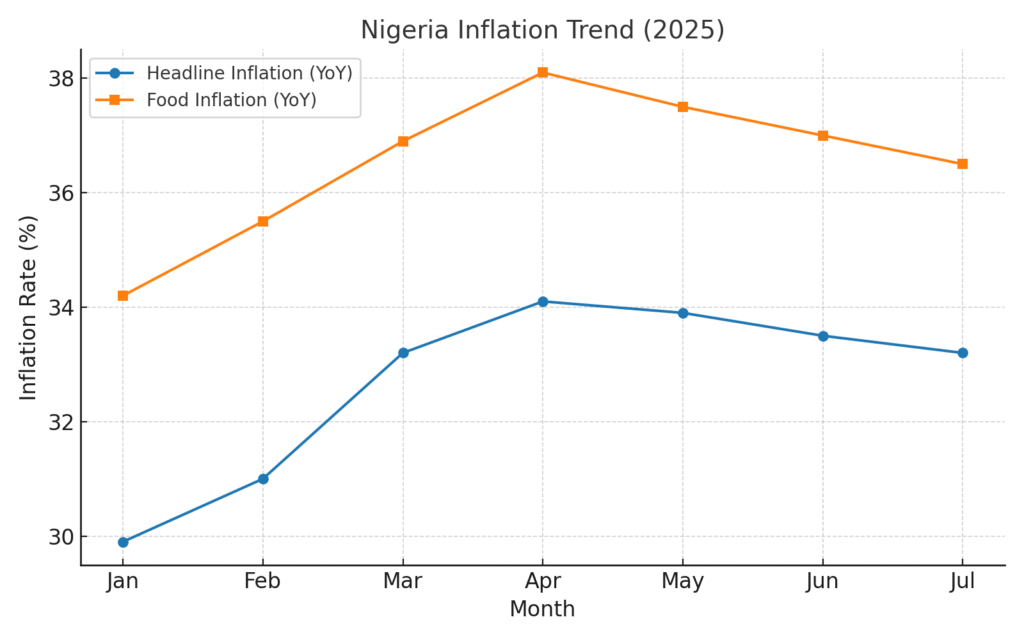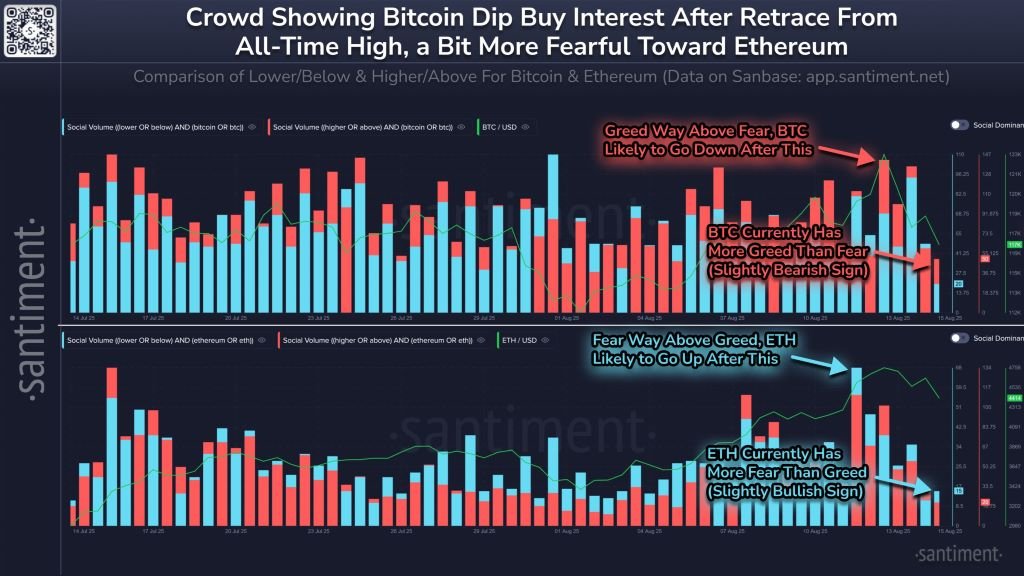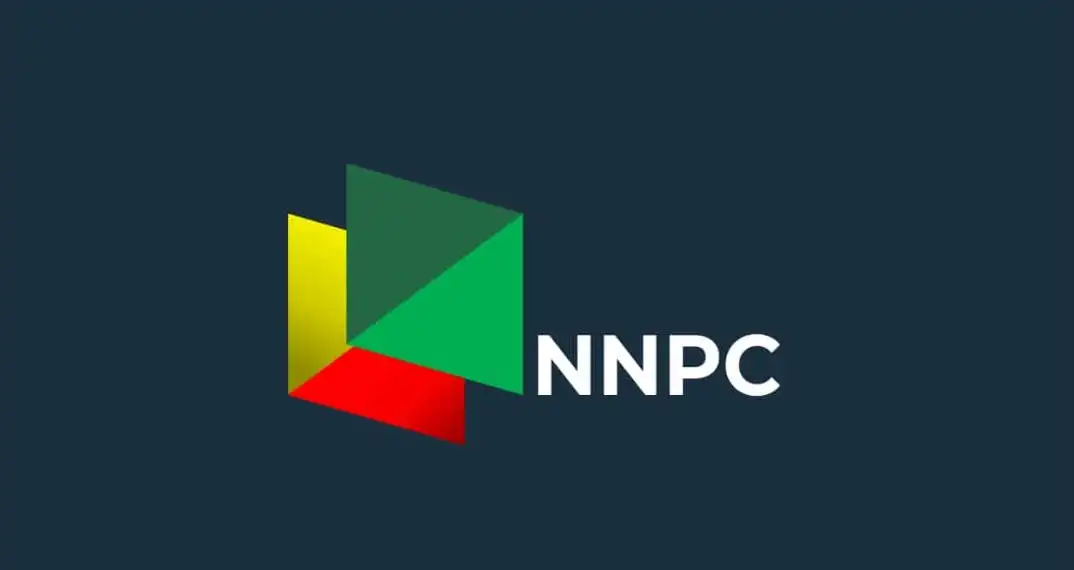In this week’s report, we examine Nigeria’s July 2025 inflation, showing it slowed to 21.88% YoY, offering some relief. Dangote Refinery cut petrol prices to ₦820/litre and announced 4,000 new CNG trucks. Meanwhile, the Federal Government unveiled plans to refinance ₦4 trillion in power sector debt, signalling renewed reform momentum. Read the rest of the report…
Nigeria’s economy continued to rattle and shift under the weight of global pressures, domestic reforms, and market dynamics. Over this period, inflation moderated, fuel prices dropped slightly, the government announced major financial interventions, and stock market activities swung amid profit-taking. Meanwhile, global markets provided both inspiration and warning signs.
At the global level, inflation data from the United States and growth figures from the United Kingdom suggest that the world economy is wrestling with familiar challenges—sticky inflation, slowing growth, and the uncertainties of tariff wars.
Closer to home, Nigeria faces a mix of relief and restraint: inflation slowed year-on-year, yet food prices remained high; Dangote Refinery announced a price cut for petrol, but households still worry about affordability; the federal government rolled out a bold plan to restructure ₦4 trillion in power sector debts; while investors watched as the NGX posted a weekly decline.
“Cities like Lagos are growing at lightning speed—more people, more businesses, more devices,” said Dinesh Balsingh, CEO of T2 (formerly 9mobile). That energy of growth, mixed with economic turbulence, defines Nigeria’s August story.
Global Inflation Still Sticky
The US Consumer Price Index (CPI) stayed unchanged at 2.7% year-on-year in July, though it climbed 0.2% month-on-month. Higher shelter costs were the main driver, while food prices remained flat at 2.9% YoY. Energy costs softened, dropping 1.6% YoY and 1.1% MoM, reflecting cheaper gasoline and crude oil.
Used car and truck prices jumped 4.8% YoY, showing that supply chains remain under pressure. Apparel and household furnishings also crept up, linked to tariff-related effects. Stripping out food and energy, the core CPI climbed to 3.1% YoY—the highest in five months.
Analysts suggest that stable energy costs may keep overall inflation steady, but the tariff war clouds the horizon. A prolonged standoff could derail expectations of a US Federal Reserve rate cut.
Across the Atlantic, the UK economy grew by just 0.3% in Q2 2025, down from 0.7% in Q1. Services saved the day, rising 0.4% QoQ, with IT and consultancy leading at 4.1%. Construction also gained 1.2% QoQ. But investment fell 4% QoQ, while consumption barely moved.
Both the US and UK stories remind Nigeria that even the world’s biggest economies are vulnerable to shocks. The spillover effect on trade, investment flows, and monetary policy is real. Should Nigeria prepare for the same headwinds? Readers, what do you think?
Inflation in Nigeria Moderates
Nigeria’s headline inflation eased to 21.88% YoY in July 2025, down from 22.22% in June, according to the National Bureau of Statistics (NBS). That 34-basis-point drop came mainly from lower core inflation, which slipped to 21.33% YoY from 22.76%.
Food inflation, however, moved higher, reaching 22.74% YoY compared to 21.97% in June. On a monthly basis, headline inflation rose to 1.99% in July from 1.68% in June. Yet monthly food inflation eased slightly to 3.12% MoM, helped by falling prices of beans, maize flour, rice, millet, and vegetable oil.

Analysts expect headline inflation to trend lower in the months ahead, supported by green harvest supplies, a stable Naira, and lower global energy costs. Still, persistent month-on-month pressures mean the CBN’s Monetary Policy Committee will likely stay cautious. Rate cuts may remain off the table for now.
Dangote Refinery Offers Relief
In a surprise move, Dangote Petroleum Refinery cut its ex-depot price of petrol (PMS) by ₦30 to ₦820/litre, effective August 12, 2025. That is a 3.66% reduction from ₦850/litre. The reduction covers major downstream marketers like MRS, Ardova, Heyden, Optima Energy, Techno Oil, and Hyde Energy.
Dangote also announced plans to deploy 4,000 compressed natural gas (CNG)-powered trucks from August 15 to strengthen nationwide fuel distribution.
The move could ease inflationary pressures and provide relief to consumers and businesses. A more efficient distribution system will also help in the long run. Whether the savings reach households meaningfully, however, depends on the retail pricing chain.
“This price cut is expected to provide relief to both businesses and consumers,” the refinery’s management explained, “while the phased rollout of CNG trucks will help ease logistical challenges.”
Power Sector Debt Gets Federal Backing
The Federal Government approved a phased plan to refinance ₦4 trillion in electricity sector liabilities, targeting stability and growth. The refinancing will be managed by the Debt Management Office (DMO) and rolled out over four weeks through bond issuances and other long-tenor instruments.
These debts, owed to 27 generation companies (GenCos) for invoices from 2015 to 2023, have crippled investment in the power sector and worsened outages. By restructuring, the government hopes to unlock capital, encourage new investments, and sustain reforms.
Improved electricity supply should reduce production costs for manufacturers, boost productivity, and strengthen growth. For households, it could mean fewer nights in darkness and lower costs of running generators.
Will this refinancing finally deliver stable power to Nigerian homes and industries, or will it become another cycle of debt without reform? Share your thoughts below.
PRESCO Expands Across West Africa
PRESCO Plc announced plans to acquire Ghana Oil Palm Development Company Limited (GOPDC), alongside Saro Oil Palm Limited (SOP). GOPDC, a subsidiary of SIAT SA, runs an integrated palm oil operation, with mills, refinery, fractionation plant, and storage facilities.
With annual production capacity of over 35,000 tonnes, GOPDC will significantly boost PRESCO’s scale. This strengthens PRESCO’s competitive position both locally and across the region.
The deal means PRESCO can negotiate better on input costs, improve pricing power, and gain deeper access to export markets. The acquisition is also timed to benefit from rising demand for edible oils in West Africa.
PRESCO’s bold expansion suggests that Nigerian firms are looking beyond local markets. This cross-border push could redefine Nigeria’s agricultural export potential.
NGX Posts Weekly Decline
The Nigerian Exchange (NGX) All-Share Index fell 0.77% week-on-week to 144,628.20 points, though year-to-date gains remain strong at +40.52%.
The dip was driven by profit-taking across insurance, industrial, and consumer goods stocks. Top laggards included CUSTODIAN (-7.29% WoW), WAPCO (-5.15% WoW), HONYFLOUR (-8.47% WoW), and DANGSUGAR (-5.97% WoW). Insurance was the lone bright spot, with the NGX Insurance Index climbing +8.21% WoW.
Trading volume rose by 10.51% to 8.53 billion units, but value traded fell by 24.27% to ₦99.49 billion. Market breadth weakened, reflecting a broader spread of losers.
The market still shows resilience, but volatility is creeping in as investors book profits after a strong run. Institutional investors appear to be rotating sectors, which could offer fresh opportunities for patient traders.
Fixed Income: Mixed Signals
Nigeria’s fixed income market was bearish on T-bills and bonds, while Eurobonds saw strong demand. T-bill yields climbed 9bps WoW to 18.01%, with long-dated papers seeing heavy sell-offs. Bonds followed suit, with average yields up 11bps WoW to 16.62%.
On the flip side, Eurobonds closed bullish. Sustained buying drove yields down 21bps WoW to 7.96%. Demand was broad across maturities, signaling foreign investor confidence in Nigeria’s external debt outlook.
This divergence shows investors shifting preferences between local and international instruments. Liquidity conditions at home remain tight, while global appetite for Nigeria’s Eurobonds continues to build.
Cryptocurrency Gains Momentum
Bitcoin and Ethereum continued their rally, rising by +1.18% WoW and +12.30% WoW, respectively. Bitcoin closed at $117,297.50 on Friday, after hitting nearly $125,000 earlier in the week, while Ethereum traded at $4,418.44

Institutional interest, regulatory clarity, and new technology upgrades fueled the uptrend. More investors are treating these assets as serious parts of their portfolios.
For Nigeria, where crypto adoption remains high, the gains signal opportunities and risks. Traders must balance optimism with caution, given volatility.
Rate, Like 👍, Comment💬, share this article, Follow us on our social media handles, and Submit your own story to get featured and earn rewards!







